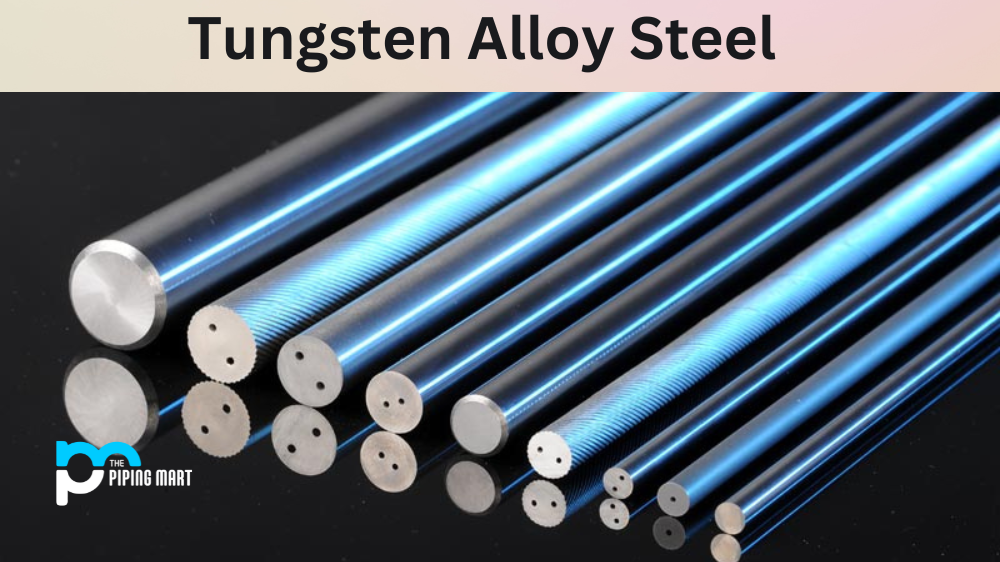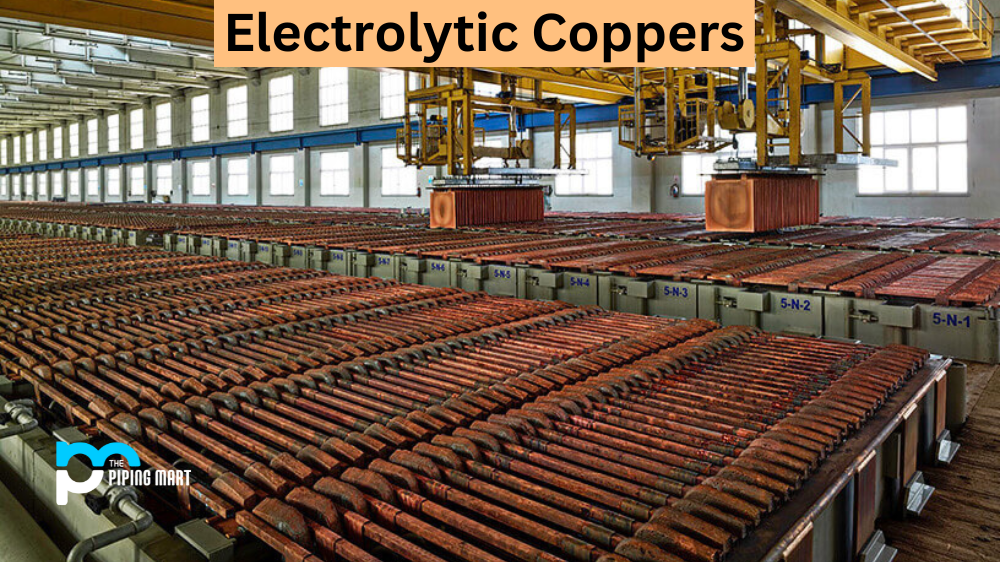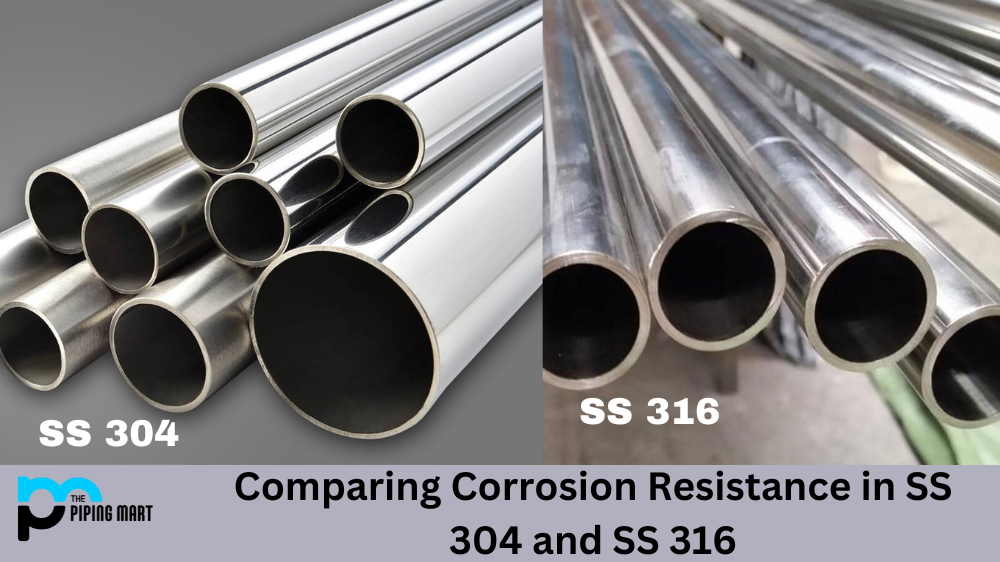Metal, bronze, and aluminum are the most popular choices for various applications. Both metals offer distinct advantages and disadvantages that should be considered when deciding which one is best for your particular project. Let’s look at some key differences between bronze and aluminum to help you make an informed decision.
Cost
Regarding cost, aluminium tends to be less expensive than bronze. This is because aluminum is more abundant than bronze, making it cheaper. However, the price can also vary depending on the grade and quality of the metal being used and the quantity purchased. Aluminum is likely your best bet if you are looking for a cost-effective option.
Durability
Both bronze and aluminum are known for their durability, but they can differ in terms of how long they will last in certain conditions or applications. Aluminium is more resistant to corrosion than bronze, meaning it may last longer in certain wet environments, such as marine conditions or areas with high humidity levels. On the other hand, bronze has superior strength compared to aluminum which means that it can withstand higher pressures without becoming damaged or distorted over time.
Weight
If weight is a major factor in your decision-making process, you should know that aluminium is much lighter than bronze. This makes it ideal for projects where weight needs to be minimized, such as aircraft components or lightweight structures like bridges or buildings. Aluminum’s light weight makes it easier to transport and install than heavier materials like steel or iron.
Other Differences
- Aluminium is a more abundant metal than bronze.
- Aluminum is lighter than bronze.
- Aluminium is less expensive than bronze.
- Aluminum has a lower melting point than bronze.
- Aluminium is more corrosion-resistant than bronze.
Conclusion:
Both bronze and aluminum have their unique advantages and disadvantages when compared side by side. Choosing these two metals depends on your specific requirements, such as cost, durability, and weight considerations. By understanding each material’s unique properties, you can decide which one is best suited for your particular application or project. Good luck!

Abhishek is a seasoned blogger and industry expert, sharing his insights and knowledge on various topics. With his research, Abhishek offers valuable insights and tips for professionals and enthusiasts. Follow him for expert advice on the latest trends and developments in the metal industry.




